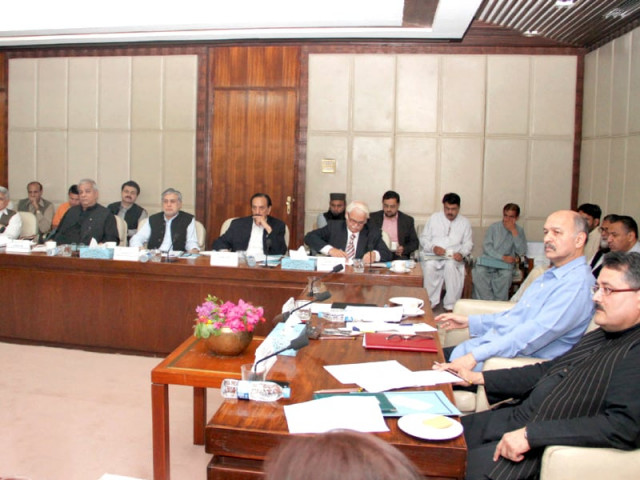Towards a stronger democracy
Mere fact that the issue is being discussed with calls made for ‘direct dialogue’ marks an important step forward.


Though that fear has not vanished completely, the mere fact that the issue is being discussed with calls made at the hearing for more ‘direct dialogue’ marks an important step forward. The Senate discussion was attended by 26 people, including seven parliamentarians. Former defence secretary Salim Abbas Jilani, former corps commander of Rawalpindi Lt Gen (retd) Salim Haider and analyst Hassan Askari Rizvi all spoke as a variety of ideas came forward. Persons who had held key positions in the past spoke of how military leaders were consulted on matters that went far beyond defence.
Rizvi, an experienced academic, warned that things would not change immediately; that military action disrupting civilian control could take place even now. This is something all of us would have to agree with but just the fact that the matter has been openly spoken about at Senate level marks a change in itself. It may represent a key step along a road that can finally lead to greater transparency and stability in our system of governance, allowing all institutions to work together while remaining within the spheres defined for them by the Constitution.
Published in The Express Tribune, November 30th, 2012.















COMMENTS
Comments are moderated and generally will be posted if they are on-topic and not abusive.
For more information, please see our Comments FAQ